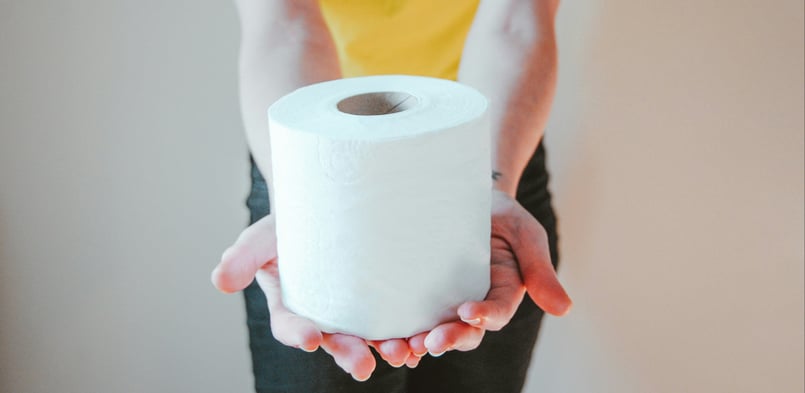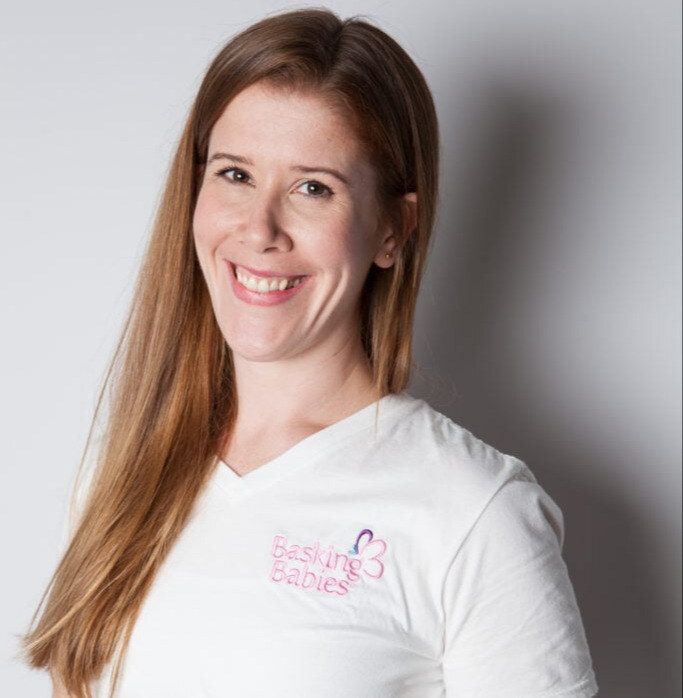
I'll start this blog by being honest... potty training is not my favourite stage of parenting. It can be stressful, messy, and lonely when you're stuck indoors in those early days. Having said that, I think the thought of it is way worse than the doing, so if you think your little one is ready, go for it!
I am a mum of two - aged seven and two - and we're in the process of bidding the nappies farewell with my youngest so I thought I'd share our experiences. An expert I am not, but I hope that these tips will help at least one family when the time comes.
When to start
This divides opinion and I don't think there is a one-size-fits-all when it comes to the right age to start training your little one. The general consensus is between 18 months and three years of age but as with everything when it comes to parenting, this will vary by child. With both of mine, readiness signs were there at around two and a half years. These included:
- Telling me when they were going or when they had done a wee or poo in their nappy
- Wanting the nappy removed immediately after going
- A dry nappy for an hour or two
- Showing an interest in the potty/ toilet
- Ability to pull down trousers/ pants
Waiting for these signs meant that when we did take away those nappies, the process was surprisingly quick!

Protect your soft furnishings
It goes without saying that your sofa might take a hit if your little one wees all over it so I like to have a supply of puppy pads on hand, plus a washable protector for the car seat. We haven't had any big accidents with Ethan so far, but it does give me peace of mind to know that the soft furnishings are as protected as they can be.
When you progress to nappy-free night times (which came much later with my eldest), those puppy pads will come in handy for the mattress too. You can also get fantastic washable covers and toppers for protecting the bedding.
Potty or toilet?
When training my eldest, we didn't have a downstairs toilet available so a potty was an absolute necessity or we would have never made it up the stairs in time!
With Ethan, we are using a potty in the living room but I've been encouraging poos on the toilet when he tells me he needs one. That's mostly because I hate having to empty poo out of the potty and we have a downstairs loo available this time around.
We didn't introduce the potty until we were ready to start training as it became a bit of a toy with my eldest and it seemed to take her longer to work out its true function. But it can help to familiarise them with it a little bit in advance - perhaps keep it in the bathroom, next to the toilet. You can buy some very snazzy potties these days, including ones shaped like toilets. And I swear by having a travel one to take out and about which can be sealed until you're able to empty and clean it, such as this.
In the downstairs toilet, we have a step and an insert which allow Ethan to take himself when he wants to go. He's fiercely independent - as are many toddlers at that age - so this helps enormously in keeping him interested in the process.
And whether he's been to the toilet or the potty, we always praise and wash hands.
To treat or not to treat...
This is another divisive element of potty training. Some parents swear by a sticker chart or a chocolate button for a sucessful potty/ toilet wee or poo while others worry that rewarding children for potty training is almost equal to bribing them.
For us, the treat (in Ethan's case, a chocolate button for a poo) comes after he's been to the toilet successfully so the reward follows the desired behaviour. This works for us and might not for everyone so do what works for you and your child, always.
Be patient
Books advertising potty training in three days can give us feelings of disappointment and failure when they don't quite work out that way. The important thing to keep in mind is that the process can take time, and children can have set backs and times - e.g. when they're ill - when it all goes wrong.
Keep calm and continue to praise the successes and don't make a fuss out of the accidents. They are inevitable and part of the learning process and at some point, you'll look back on it all as a distant memory. I was even surprised to find I've enjoyed the process this time around. Every child is different after all.
About the author

